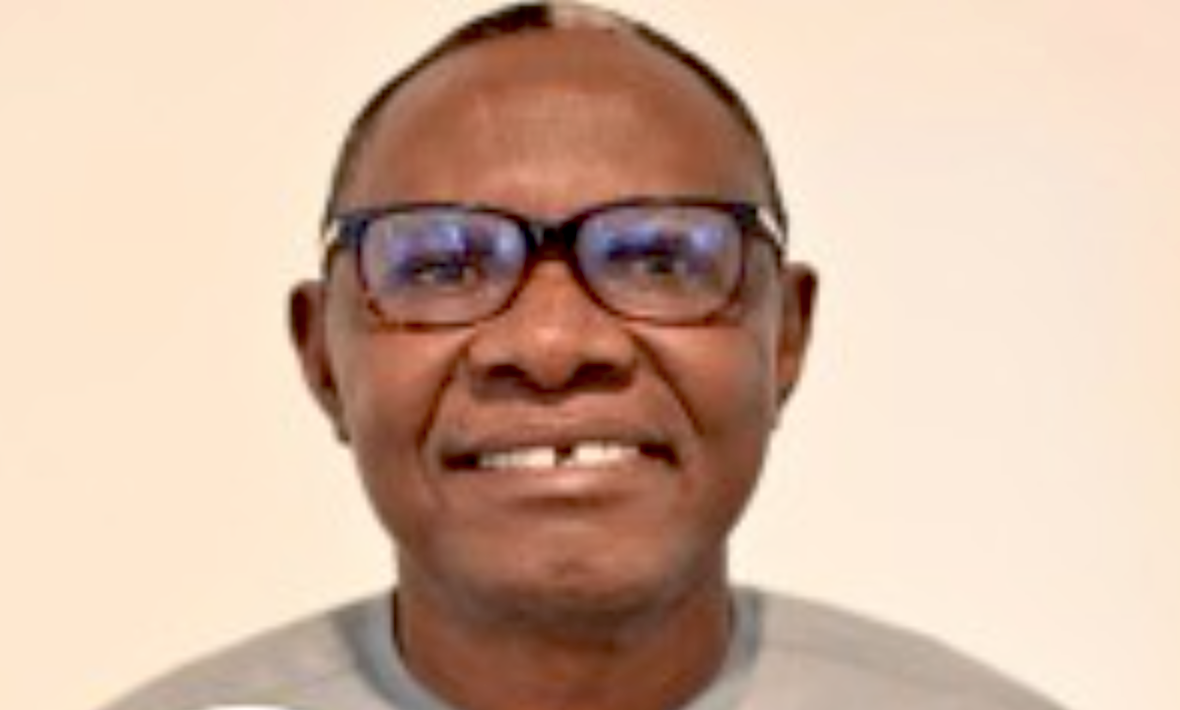By Dr. Kris Ayanruoh
In Nigeria today, silence is not golden—it is costly. Every time citizens stay home on election day, entrenched interests tighten their grip on power. Election apathy does not punish politicians; it rewards them. It gives the powerful fewer votes to buy, fewer citizens to persuade, and fewer incentives to deliver. The recent local government elections in Rivers State tell this story with clarity.
On Saturday, August 30, Rivers State held local government elections. By Sunday, the state electoral commission had declared winners: the All Progressives Congress (APC) secured 20 of the 23 chairmanship seats, while the Peoples Democratic Party (PDP) took three, including the governor’s home local government, Opobo–Nkoro. Reports from across Port Harcourt and Obio/Akpor confirmed what many Nigerians expected—low voter turnout, late arrival of materials, and a process described as peaceful but thinly attended.
To some, the results reflect order and stability. To others, including opposition leaders like former Vice President Atiku Abubakar, the exercise exposed irregularities and should be annulled. But beyond the arguments of winners and losers, one truth stands tall: when the people stay silent, those already in power win by default.
This is not new. In the 2023 general elections, Nigeria recorded the lowest voter turnout since 1999—barely 26 to 29 percent of registered voters. More than 93 million Nigerians were registered, yet fewer than 25 million showed up. In plain terms, three out of four eligible citizens sat out the election that determined who would govern Africa’s largest democracy.
When so many refuse to participate, elections become easier to control. Victory no longer depends on convincing the majority but on mobilising a loyal minority. Political “structures”—party agents, patronage networks, and state machinery—carry outsized weight. The fewer ballots cast, the more each mobilised vote counts, and the less incentive winners feel to govern responsibly.
Rivers offers a cautionary tale. Local governments are not abstract institutions; they are the level of government that touches daily life—markets, sanitation, primary schools, and health centres. Yet in Rivers, as in most of Nigeria, citizens disengaged, leaving political elites to decide who allocates those local budgets. For the average family struggling with food prices or healthcare costs, that disengagement translates directly into poorer services and weaker accountability.
Why do Nigerians withdraw from the ballot box? The reasons are not hard to find. Trust in electoral bodies has eroded, especially after the 2023 presidential polls, where delayed uploads and logistical failures left many convinced their votes did not count. State electoral commissions, such as the Rivers State Independent Electoral Commission, are often perceived as beholden to the ruling party. Add late arrival of materials, disorganised polling units, and the ever-present fear of intimidation, and you have a recipe for despair.
Yet despair is a dangerous comfort. Citizens believe their silence is a protest, a way of withholding legitimacy. In reality, it is a permission slip. Low turnout makes elite bargains easier. It lowers the cost of manipulation. It ensures that officeholders are accountable not to the people, but to the small networks that delivered them to power.
What, then, is the way forward?
First, we must reframe voting as more than a civic ritual. It is an act of self-protection. Skipping a national election may feel abstract, but skipping local elections has immediate consequences: bad roads remain bad, waste piles remain uncollected, health centres remain understaffed. When only a handful decide who runs our councils, everyone else suffers the outcome.
Second, citizens must organise before election day. The real decisions in Nigeria are often made during party primaries, where candidates emerge. If the good people stay away, bad candidates glide in unopposed. Community groups, churches, mosques, professional associations, and even WhatsApp neighbourhood forums can mobilise turnout at ward level, where margins are slim and every vote can swing results.
Third, Nigerians must demand transparency. Civic groups can monitor polling units, log incidents in real time, and use lawful tools like photographing result sheets to ensure accountability. After the 2023 elections, both international observers and local NGOs emphasised that visible transparency is the only way to rebuild trust in the system.
Finally, structural reforms are overdue. State electoral commissions should be professionalised and aligned with the standards of the Independent National Electoral Commission. Election materials should arrive on time, results should be published promptly, and turnout data should be released publicly down to the polling unit. Sunlight is still the best disinfectant.
The lesson of Rivers State is sobering but clear. Whether you believe the elections were fair or flawed, peaceful or prearranged, the outcome was shaped as much by those who stayed away as by those who showed up. When voter participation shrinks, power concentrates. And when power concentrates, governance suffers.
Nigeria cannot afford this cycle. Our democracy is fragile enough without citizens surrendering their most basic tool of accountability. If we want leaders who answer to the people, the people must show up. Apathy is not a strategy; it is surrender.
In the end, democracy is not defended by silence. It is defended by participation.
Kris Ayanruoh, DBA, is an engineer, entrepreneur, and public commentator on leadership, governance, and national development


